Ezra Klein Book Recommendations
Ezra Klein is a prominent American journalist, author, and political commentator known for his insightful analysis of current events. Born in 1984, Klein graduated from the University of California, Santa Cruz, and quickly rose to prominence as a founding editor of Vox Media. His journalistic prowess garnered him widespread recognition, leading to roles at The Washington Post and MSNBC. Klein's expertise in policy and politics shines through in his book recommendations, where he skillfully distills complex topics into accessible and engaging reads. Through his writing and podcasting, Klein continues to shape the national conversation on important issues, making him a trusted source for book enthusiasts seeking thought-provoking content.
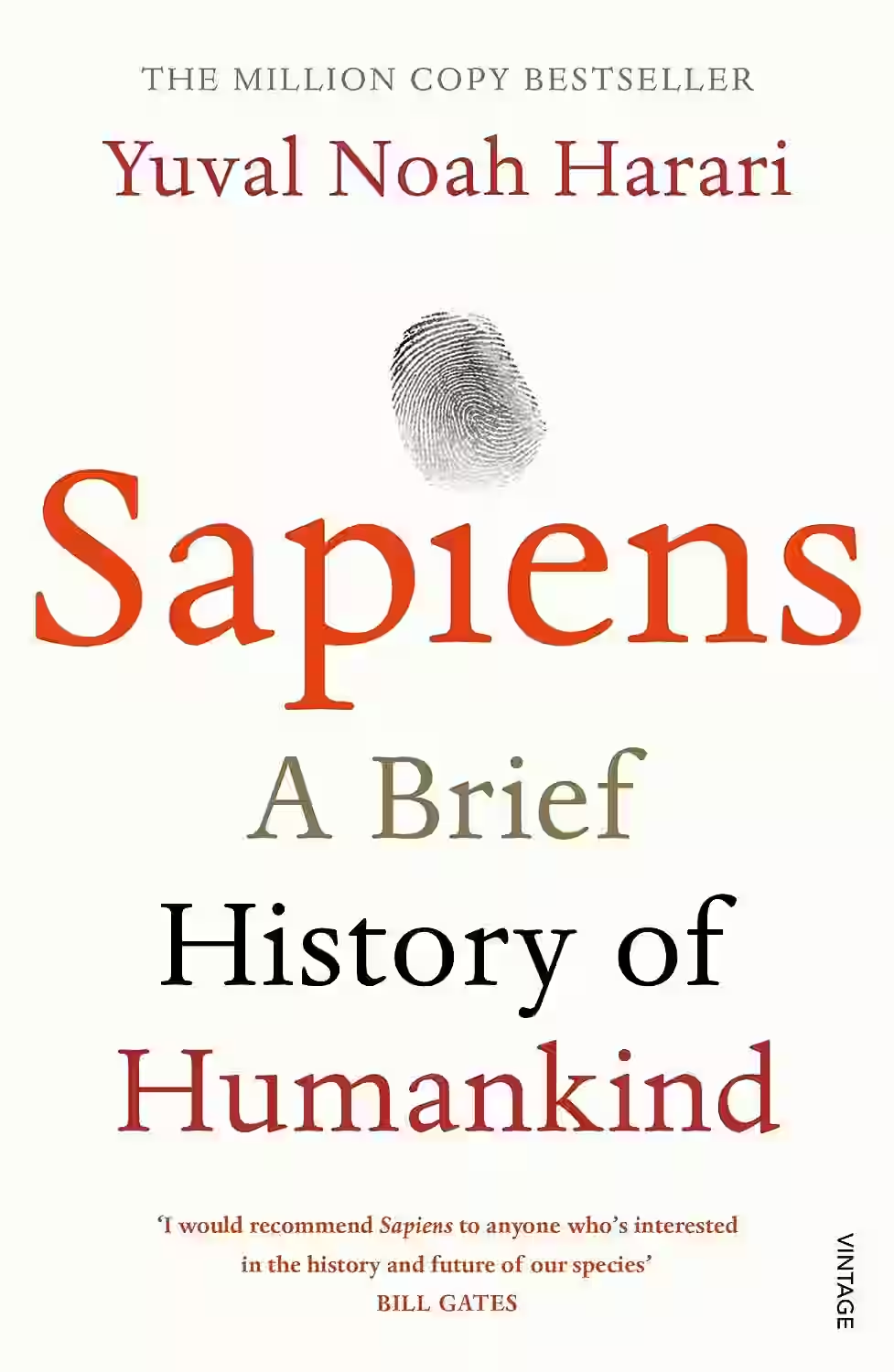
Yuval Noah Harari's Sapiens charts the epic history of humankind, from early Homo sapiens to today's complex world. It explores the Cognitive, Agricultural, and Scientific Revolutions that defined our development. Harari examines the role of shared beliefs in enabling mass cooperation and questions the essence of our humanity and future. This insightful work offers a broad perspective on our origins, progress, and the challenges we face.
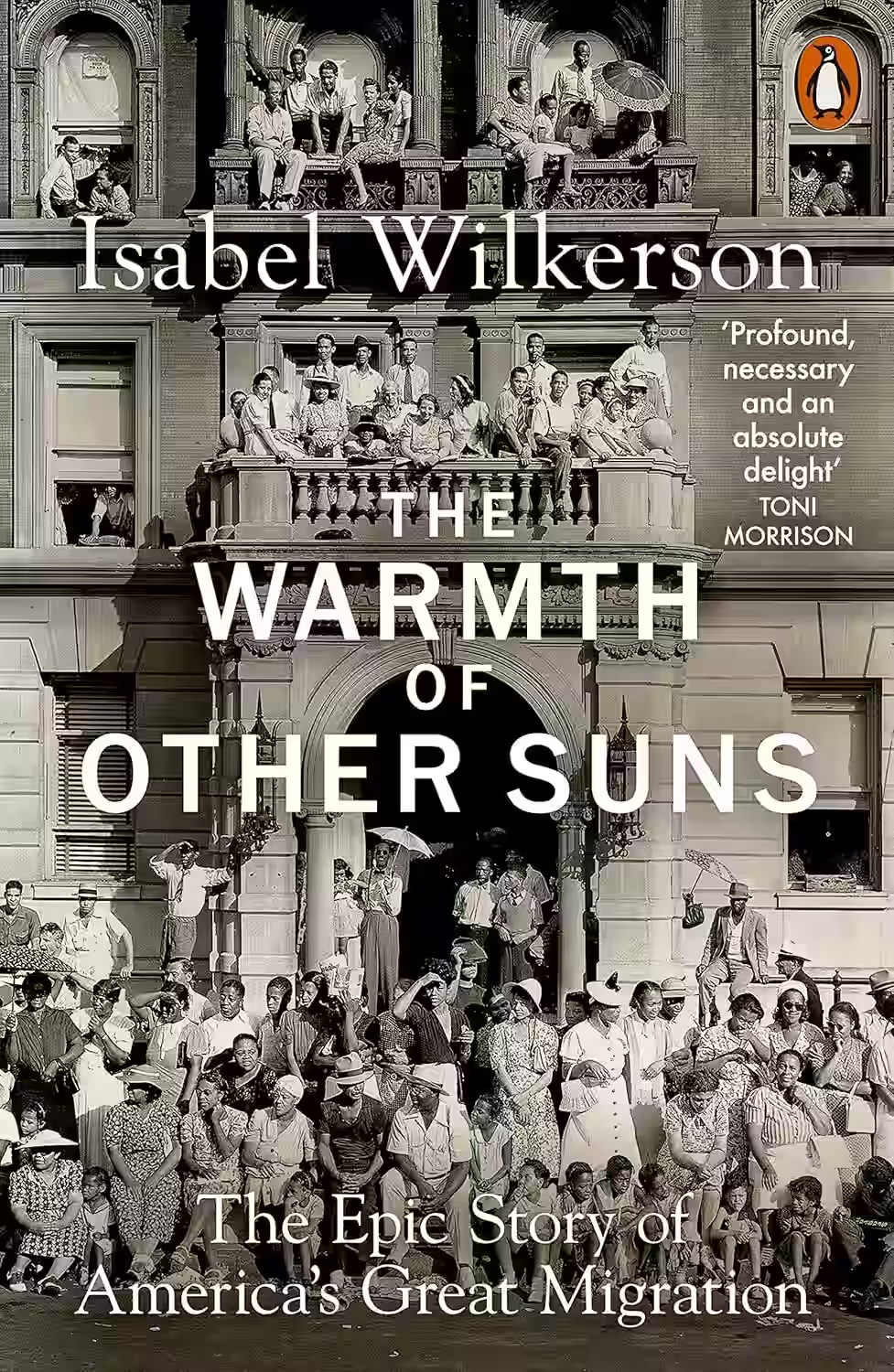
This sweeping narrative chronicles the Great Migration, the mass exodus of Black Americans from the South between 1915 and 1970. Pulitzer Prize–winning journalist Isabel Wilkerson tells this story through the lives of three individuals who left the South for new lives in Chicago, New York, and Los Angeles. Combining history, sociology, and biography, Wilkerson captures the courage and resilience of those seeking freedom from Jim Crow oppression. The Warmth of Other Suns is both deeply personal and historically expansive, shedding light on a pivotal movement that reshaped American culture, politics, and demographics across the 20th century.
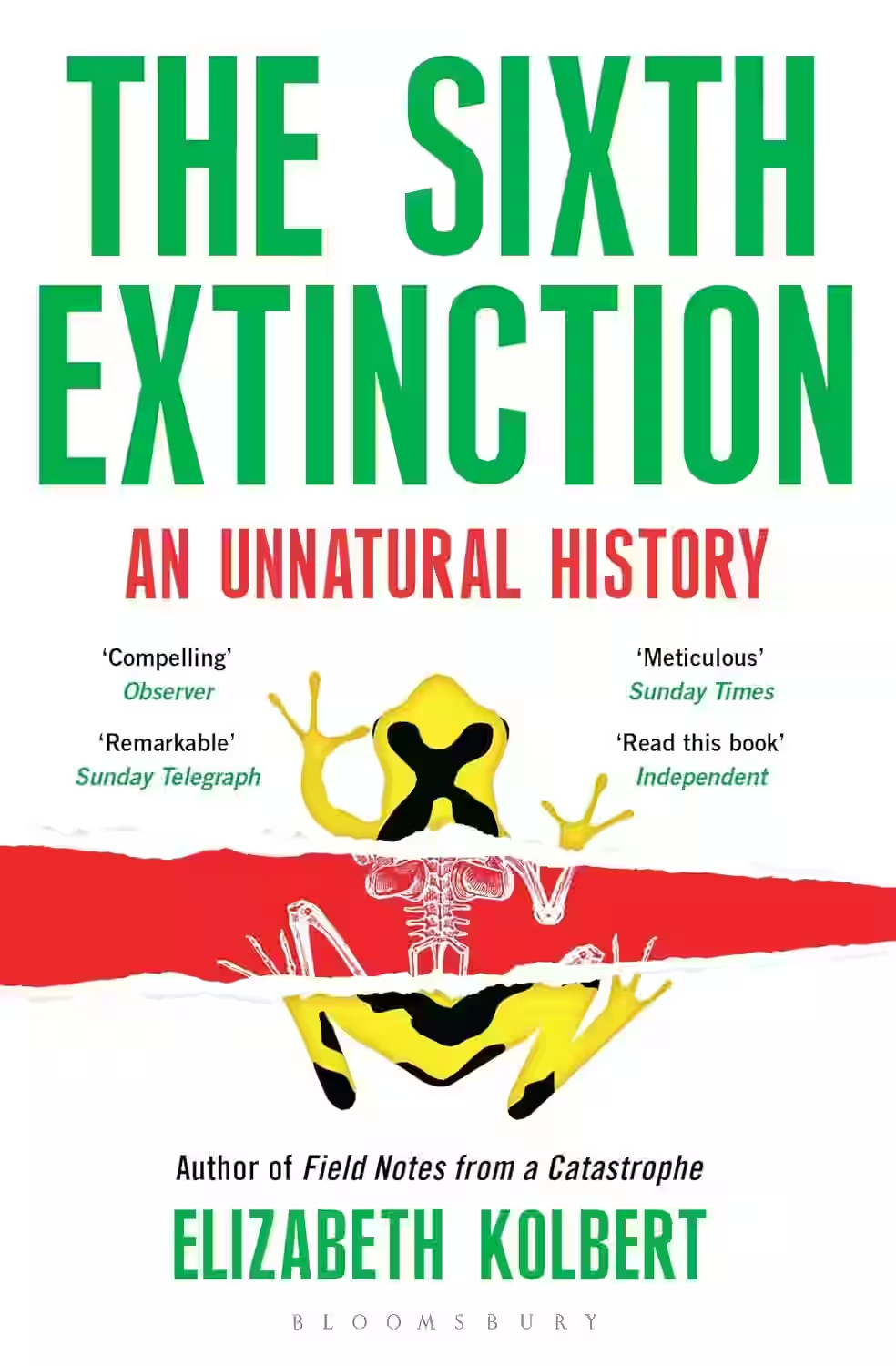
In The Sixth Extinction, Pulitzer Prize–winning journalist Elizabeth Kolbert investigates the ongoing mass extinction event caused by human activity. Blending field reporting, scientific research, and historical context, Kolbert explores how climate change, habitat destruction, and invasive species are rapidly altering the planet’s biodiversity. She travels the globe—from rainforests to coral reefs—to document species on the brink and speak with scientists studying the crisis. The book highlights how humans have become a geological force, accelerating extinction at an unprecedented rate. Sobering yet eloquent, The Sixth Extinction is a vital call to awareness about the fragility and interdependence of life on Earth.
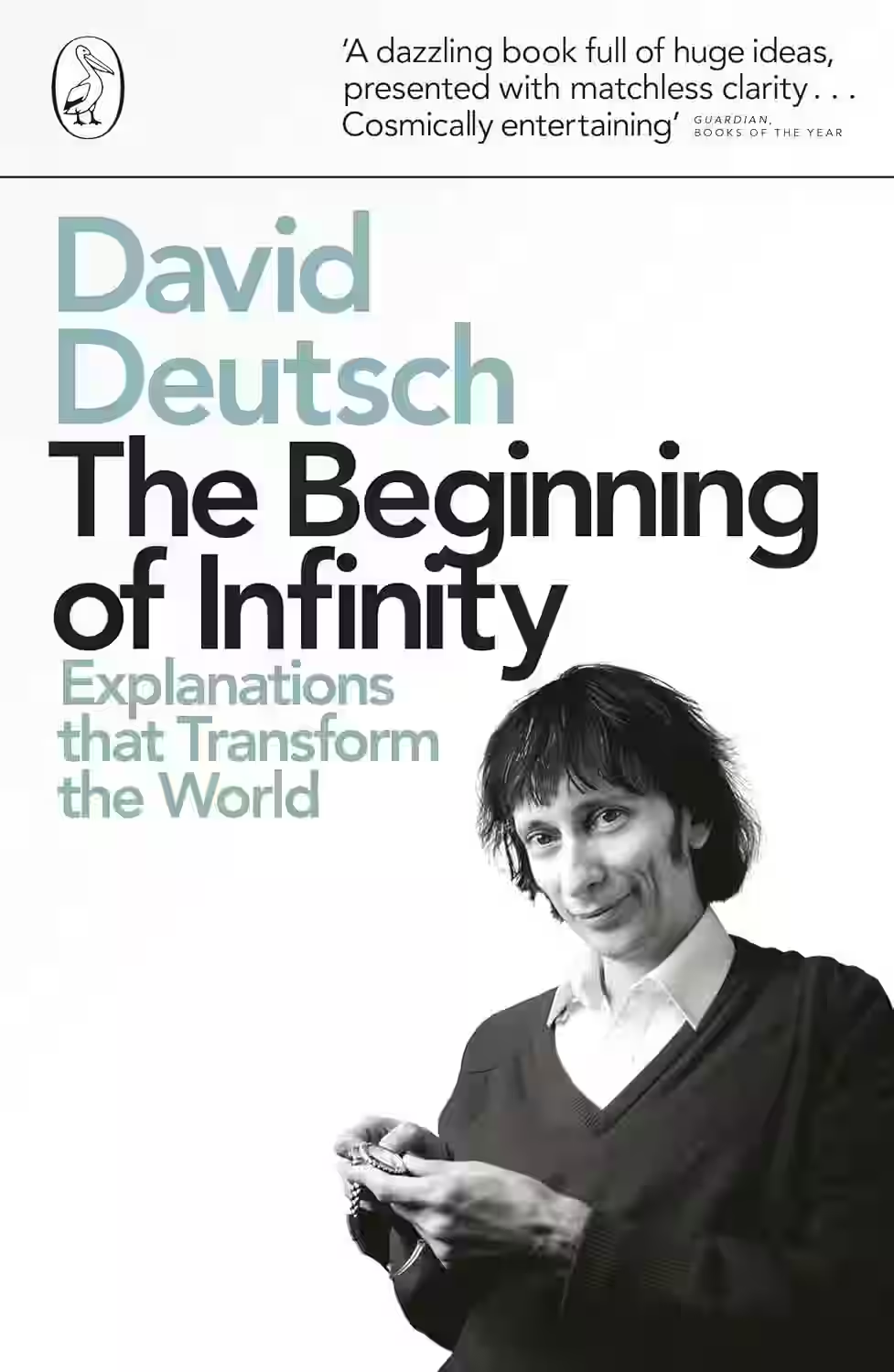
David Deutsch's The Beginning of Infinity explores the boundless potential of human knowledge and progress. He argues that through better explanations and critical thinking, humanity can solve problems previously deemed unsolvable. The book delves into topics like quantum physics, philosophy, and the nature of scientific discovery, emphasizing that there are no inherent limits to what we can understand. Deutsch posits that with the right knowledge, we can achieve infinite progress, making this work a profound examination of human potential and the transformative power of ideas.
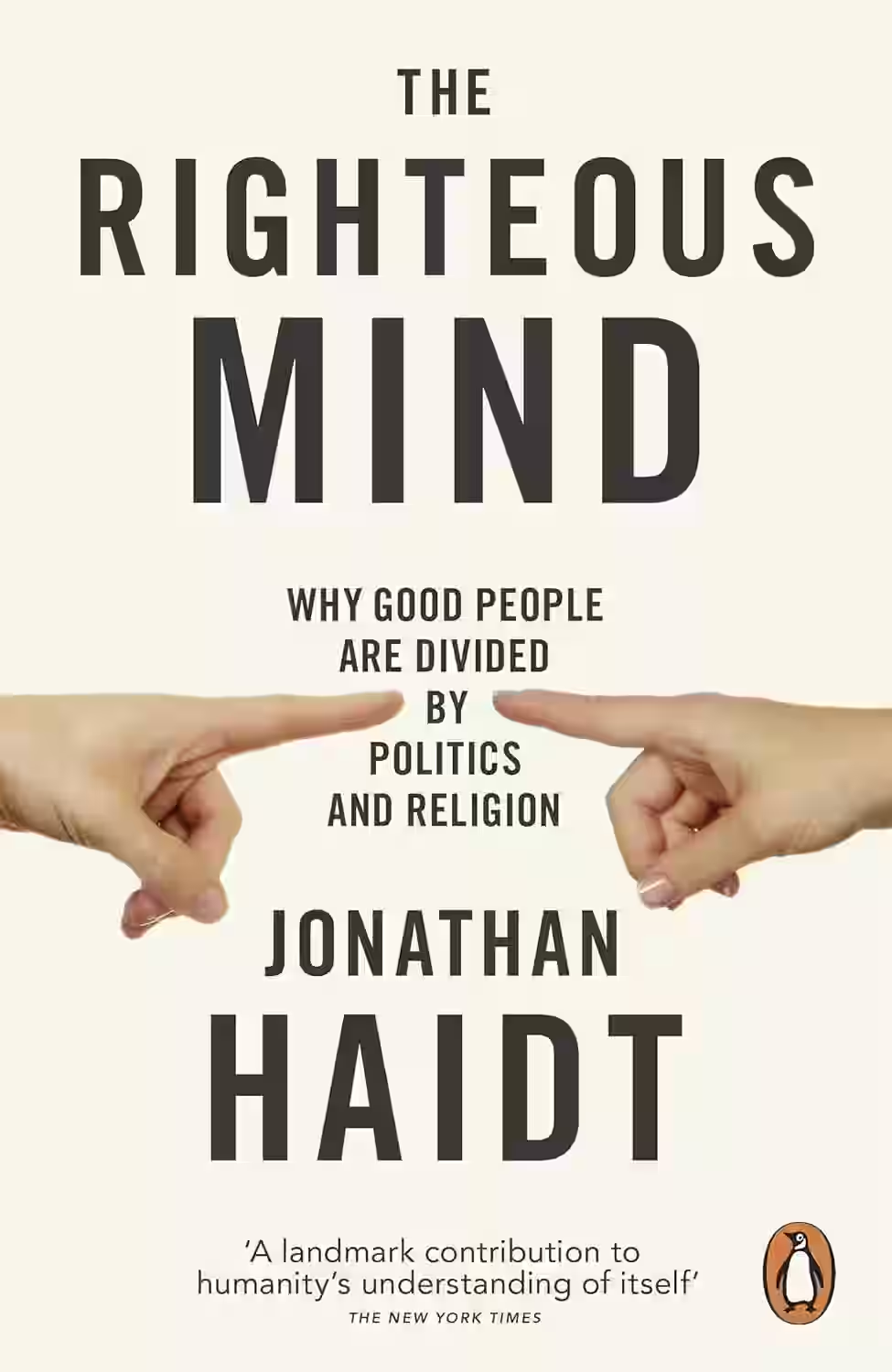
In 'The Righteous Mind,' Jonathan Haidt delves into the psychological roots of morality, arguing that our moral judgments are primarily based on intuition rather than reasoning. Haidt explores how our political and social beliefs are influenced by our moral foundations, challenging readers to consider differing perspectives with empathy and understanding. Through engaging anecdotes and thought-provoking research, he presents a compelling case for the importance of moral diversity in society. This book offers profound insights into the complexities of human morality and provides a roadmap for bridging ideological divides. 'The Righteous Mind' is a must-read for anyone seeking to grasp the fundamental forces shaping our beliefs and behavior.
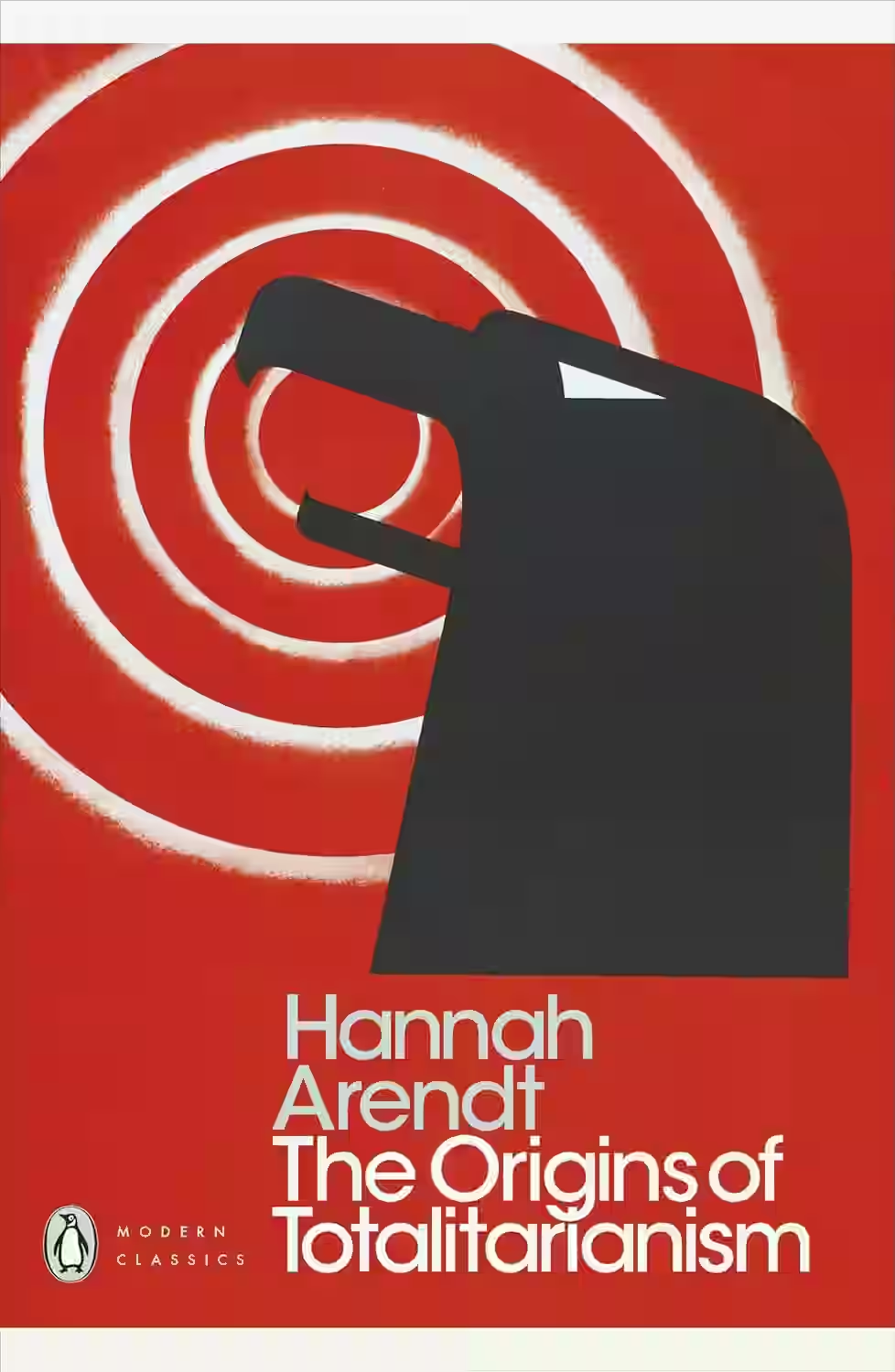
Hannah Arendt's 'The Origins of Totalitarianism' is a groundbreaking work that delves into the rise of totalitarian regimes in the 20th century. Through a detailed analysis of historical events, ideologies, and societal factors, Arendt explores how totalitarianism took hold in Nazi Germany and Stalinist Russia. She highlights the erosion of individual freedoms, the manipulation of truth, and the dehumanization of entire populations as key components of these oppressive systems. Arendt's profound insights continue to resonate in the modern world, shedding light on the dangers of unchecked power and the importance of safeguarding democracy and human rights.
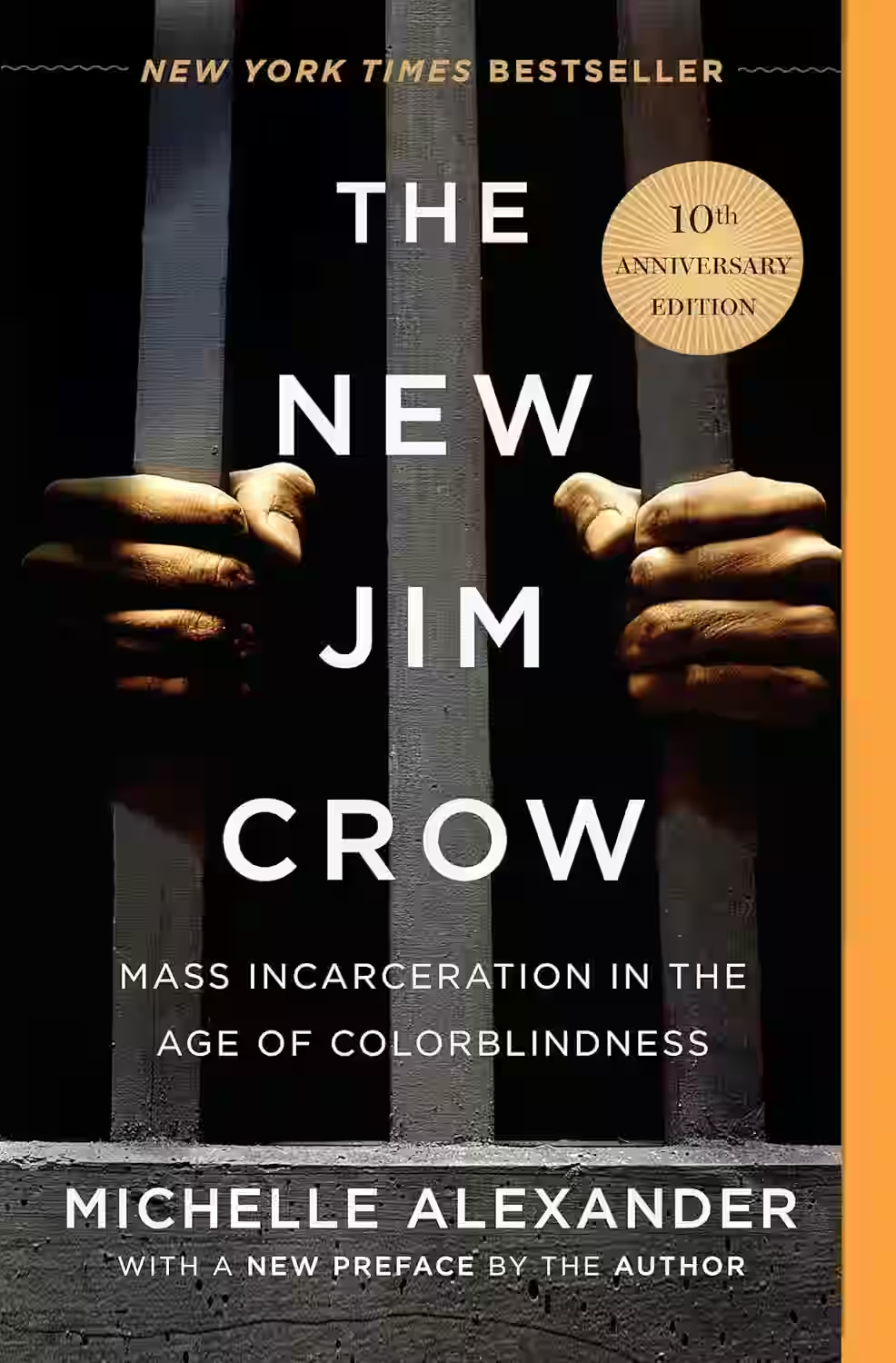
In 'The New Jim Crow: Mass Incarceration in the Age of Colorblindness' by Michelle Alexander, readers are confronted with a powerful and meticulously researched examination of the US criminal justice system. Alexander eloquently argues that America's mass incarceration policies have perpetuated a racial caste system akin to the Jim Crow laws of the past, disproportionately affecting Black and Brown communities. Through compelling narratives and sobering statistics, she sheds light on the systemic inequalities, racial profiling, and biases that perpetuate this modern-day form of oppression. This book challenges readers to critically examine the intersection of race, justice, and society, making it an essential read for anyone seeking to understand and address issues of racial injustice in America.
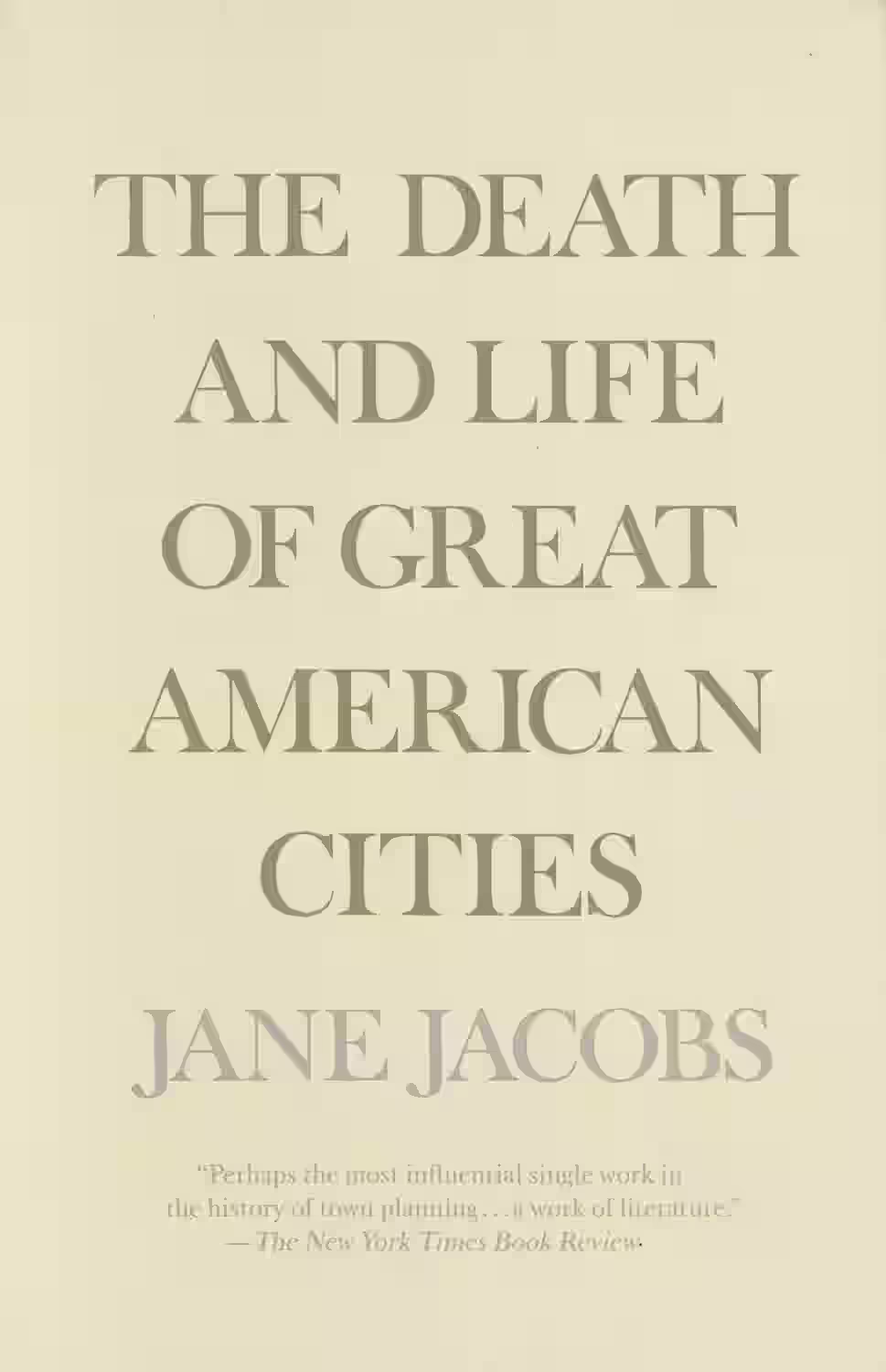
In 'The Death and Life of Great American Cities,' Jane Jacobs revolutionizes urban planning with her groundbreaking critique of urban renewal policies. Jacobs challenges the conventional wisdom of her time by advocating for diverse and vibrant neighborhoods that prioritize safety, walkability, and community engagement. Through meticulous observation and analysis, she presents a compelling argument against top-down urban planning approaches and champions the organic evolution of cities. Her work continues to shape contemporary urban planning discourse, inspiring a more people-centric approach to city design. 'The Death and Life of Great American Cities' remains a seminal text that redefines our understanding of urban life.